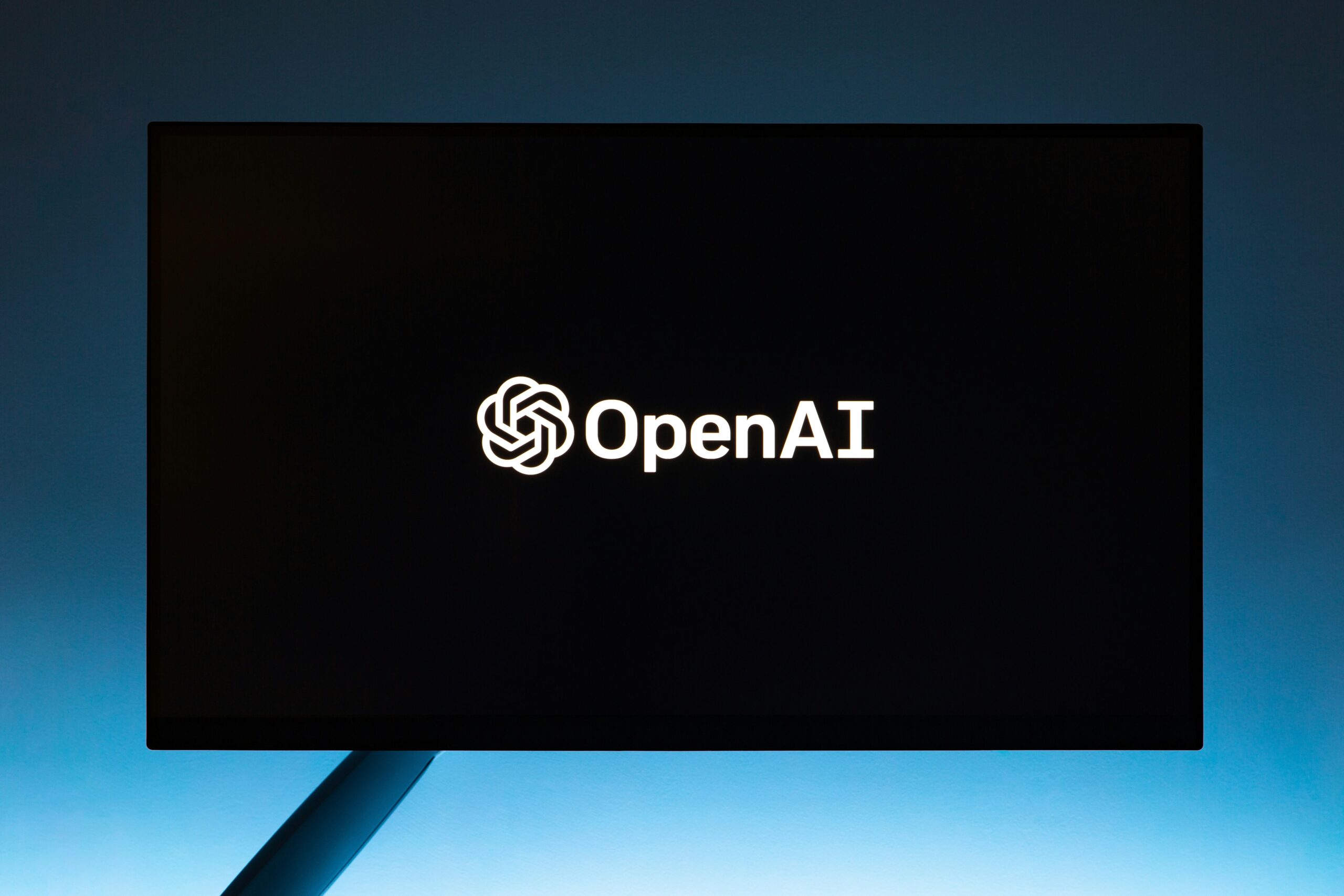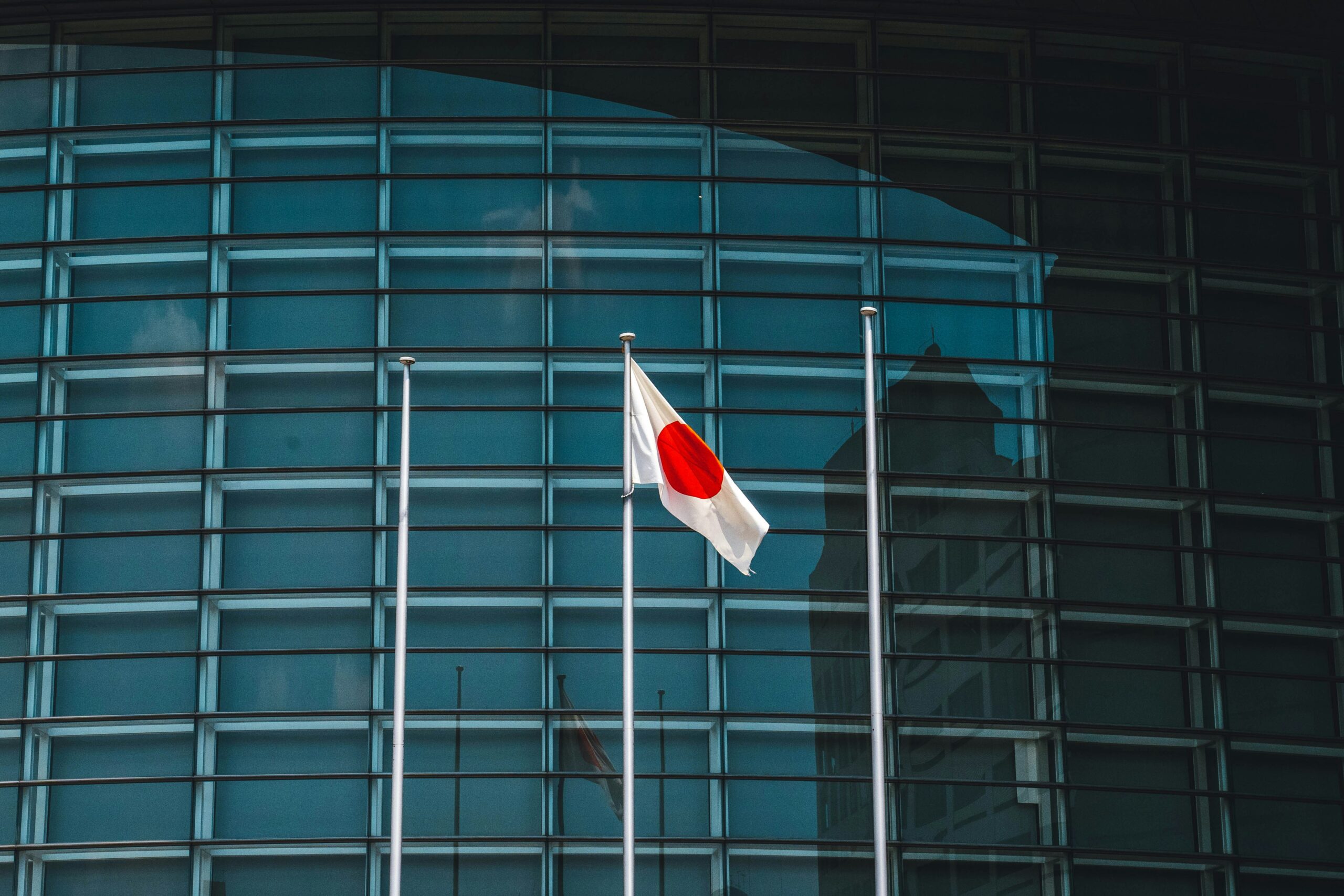OpenAI, the high-flying artificial intelligence powerhouse behind the popular chatbot ChatGPT, is in discussions for a new funding deal that could value the company at an astronomical $500 billion, according to people with knowledge of the negotiations. If finalized, the transaction would solidify OpenAI’s position as the world’s most valuable private technology company, surpassing even Elon Musk’s SpaceX.
The deal, structured as a secondary share sale, would enable current and former employees to sell up to $6 billion of their equity to a select group of investors. Among the potential participants are some of the most prominent names in global finance, including Thrive Capital, SoftBank Group Corp., and Dragoneer Investment Group. This would be the latest in a series of rapidly escalating valuations for OpenAI, which was valued at $300 billion in a funding round earlier this year.
The extraordinary valuation reflects the feverish investor appetite for companies at the forefront of the artificial intelligence revolution. OpenAI’s groundbreaking generative AI technologies, particularly its large language models like GPT-4 and the recently launched GPT-5, have not only captured the public’s imagination but have also found a growing number of corporate users. The company’s annual revenue has soared, with projections to exceed $20 billion by year-end, a significant jump from its prior estimates.
However, this rapid growth comes with substantial costs. OpenAI is reportedly spending hundreds of millions of dollars to run its services, a financial reality that underscores the capital-intensive nature of building and operating advanced AI systems. The company has publicly stated its intention to spend trillions of dollars on computing infrastructure in the coming years, a move that would require unprecedented levels of investment. This new funding would help provide the necessary capital to continue its aggressive expansion and research efforts.
The Broader Market and a Word of Caution
The potential valuation of $500 billion comes amid a broader debate about the sustainability of the current AI boom. OpenAI’s chief executive, Sam Altman, has himself cautioned that the investment frenzy could be creating a “bubble,” where some companies may be overvalued. Mr. Altman has stated that while the underlying technology is transformative, not every company in the AI space is built to last. He has urged a focus on business fundamentals, a message that serves as a sobering reminder for both investors and founders.
The secondary share sale would not be a direct cash infusion for OpenAI itself, but rather a way for its employees to gain liquidity. It is, however, a critical barometer of market confidence. The high demand for these shares signals a strong belief that OpenAI’s value will continue to climb as it leads the charge in developing artificial general intelligence (AGI)—the holy grail of AI research.
Discussions are ongoing and the terms of the deal could still change, but if completed, the transaction would send a clear signal that the world’s leading investors are doubling down on the belief that AI is not just the next big thing, but a fundamental shift on par with the internet itself.



